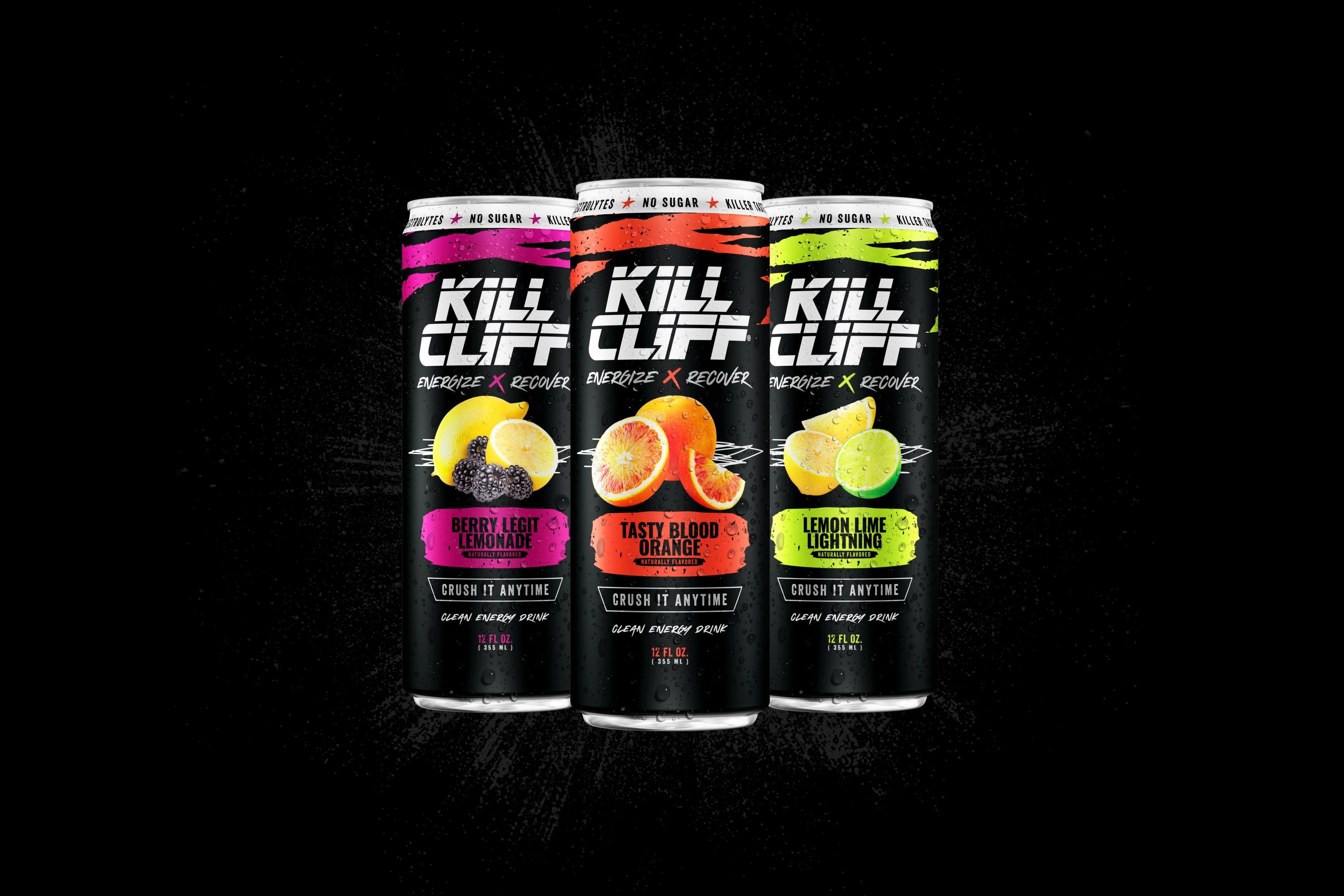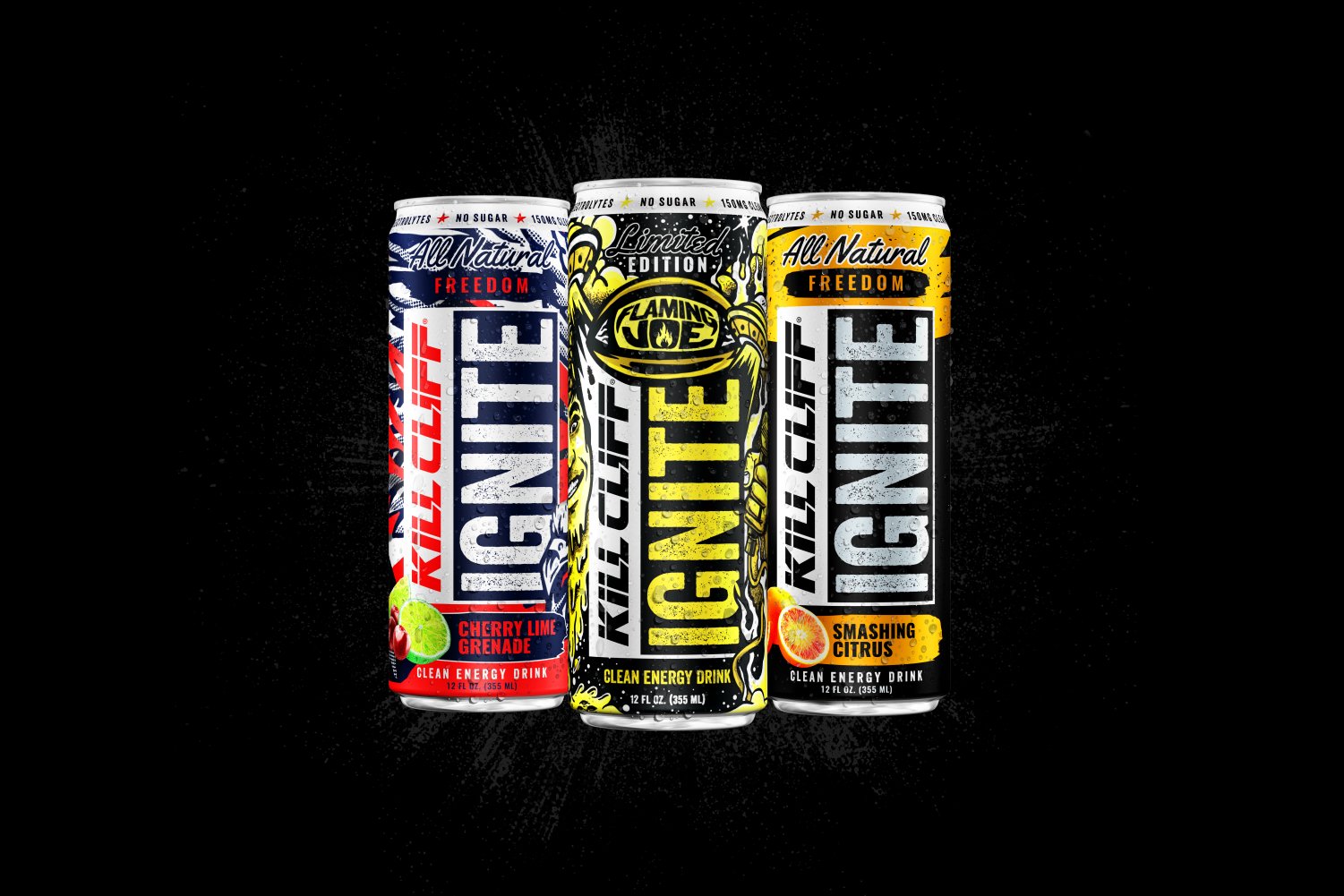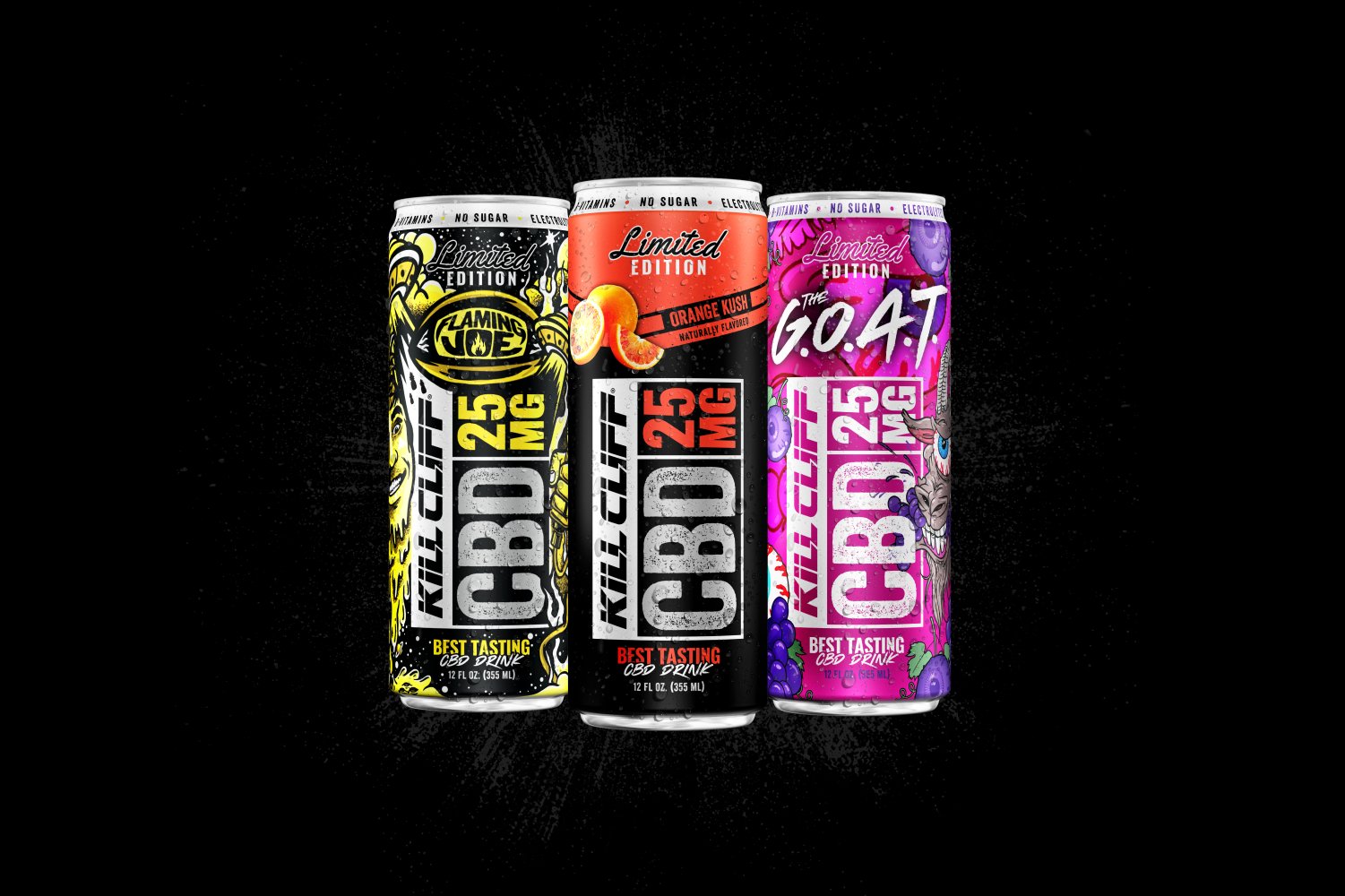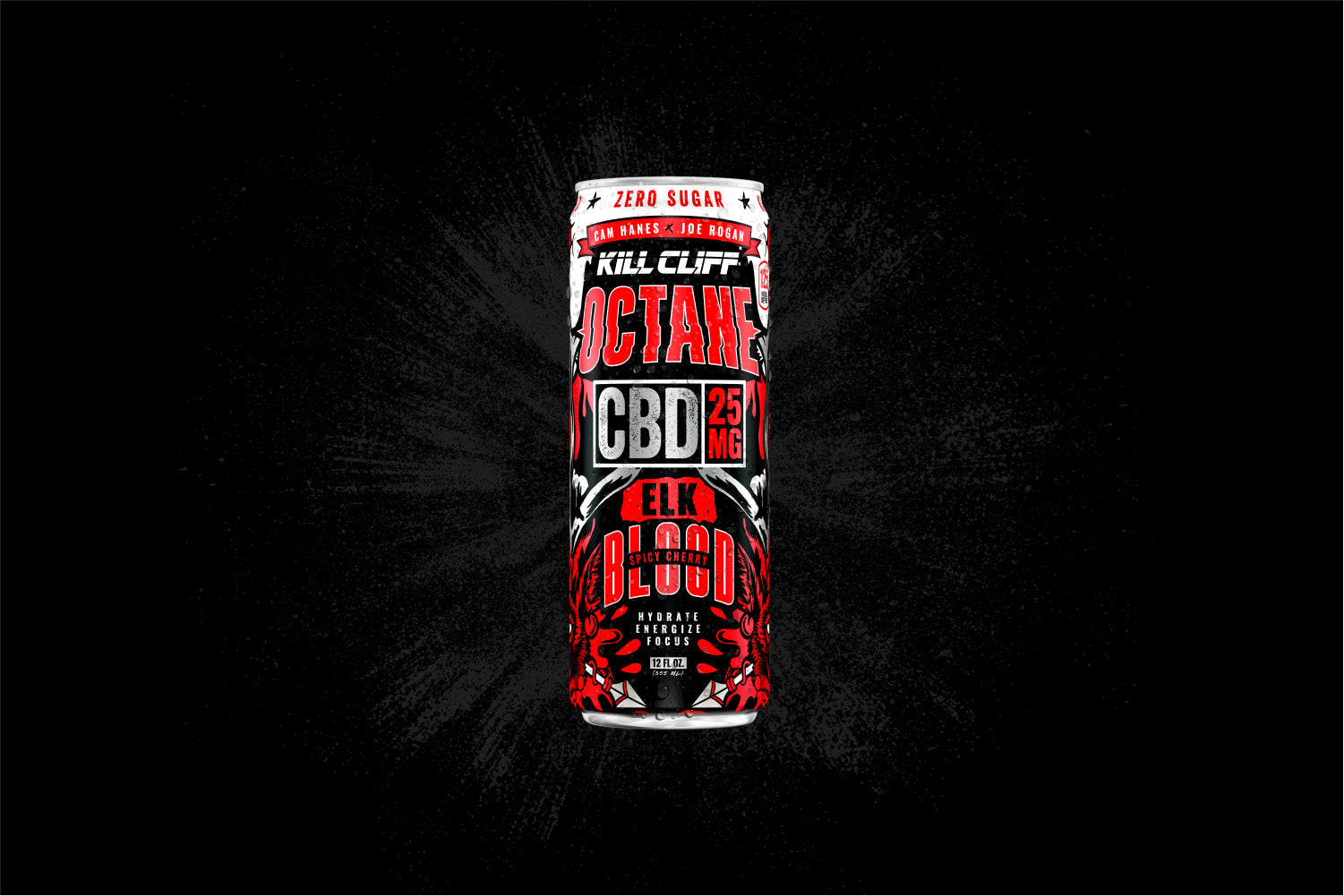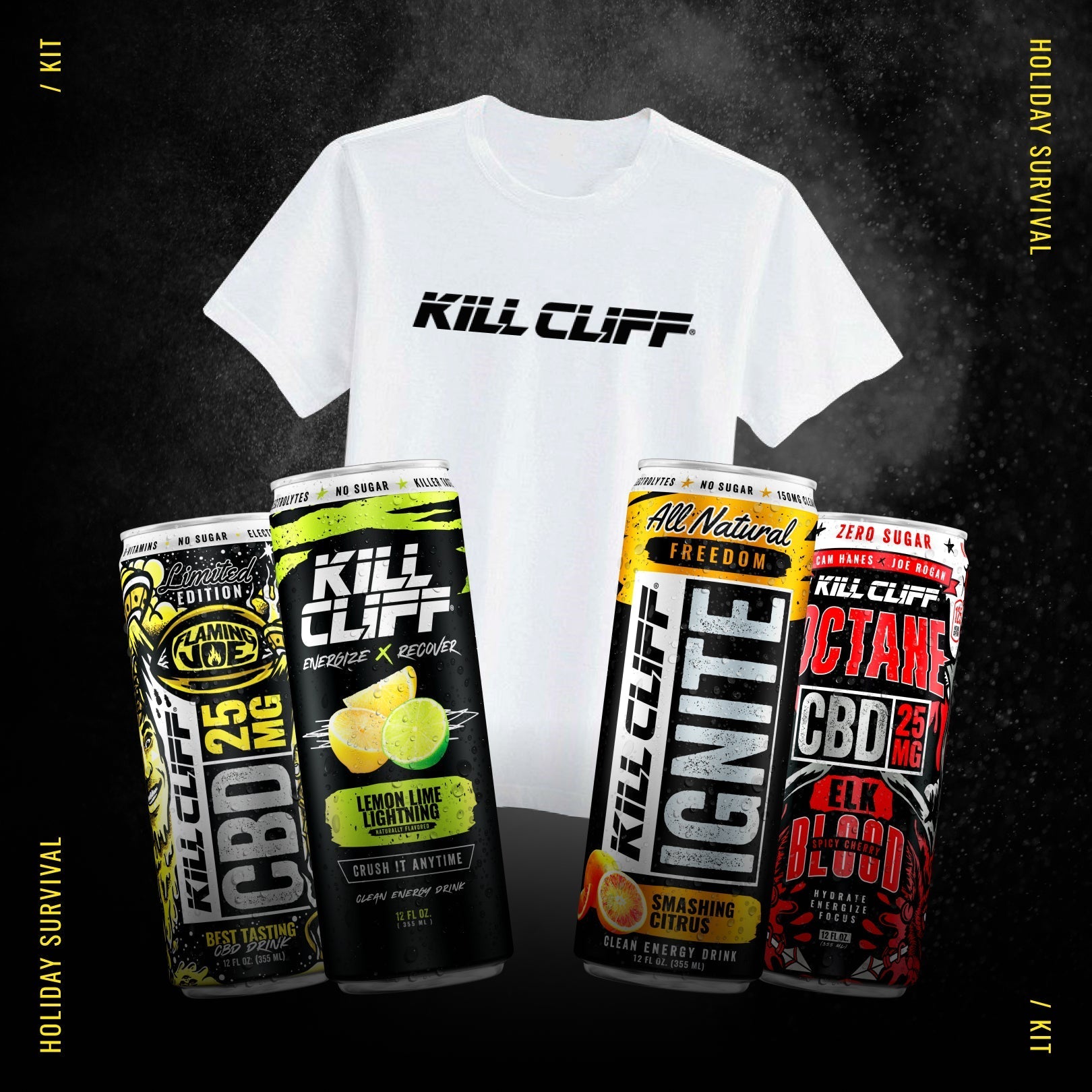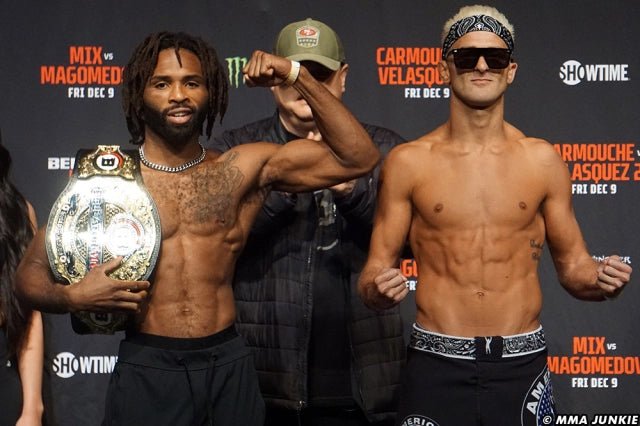Spoiler: The best diet is not what you think!
If you’re an athlete or an active person, losing weight may not be as easy as one might think. You have to balance eating for energy with eating to elicit a weight loss. But I’ll be honest…I’m tired! I’m tired of hearing about the latest and greatest diet that comes out every month that we all know won’t deliver. Sure, it might for the first week or two but once you start to feel sluggish and your performance suffers, then forget it! Next, the weight loss comes flooding back on…not cool!
As a dietitian, it’s exhausting to see a new diet come out every month that is only going to ruin metabolisms, physical & mental health and performance. I’m sick of going on Pinterest to look for a recipe to make for dinner and I’m bombarded with strictly Keto/Whole 30/Paleo recipes. So what will I be cooking? Air?! Chances are if you’re still reading this, you probably agree with me! So what IS the best diet for an athlete or active individual? Well let’s first look at some of the popular diets first:
Keto
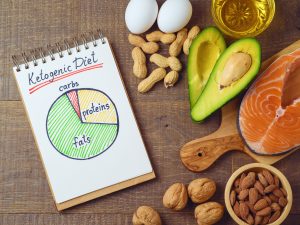
Keto is basically no carbs (<20-50g/day), very high fat and moderate protein. Both carbs and fat are energy sources so you’re just swapping one for the other. Yes, your body has more fat stores than it does carb stores, but the research shows that carbs are still king when it comes to athlete nutrition. Carbs help build muscle, maintain muscle, aid in recovery from workouts and fuel your brain. Starting Keto generally causes the “Keto Flu” which is exactly what it sounds like. You’re depriving your body’s primary fuel source so it’s going to feel like death. Most people wind up overeating on protein, which leads to fat gain. It can also be dangerous if your micronutrient, electrolyte and water intake isn’t balanced correctly; especially if you have a brain disorder. Want to get off Keto because you’re tired of not eating carbs? Think again! I’ve seen clients gain 10 lbs in a week trying to get off Keto because it’s a lifestyle!
Intermittent Fasting

If is basically just calorie restriction. Research suggests that cutting back on what you’re eating slightly gives you the same weight loss benefit. However, the problem with IF is that most people don’t do it right. It all depends on how much weight you have to lose and your activity level. The longer and more frequent your fasts are= sluggishness, exhaustion, poor performance in sport and daily life. Another big problem is a lot of people that I’ve worked with trying to get off IF have wound up eating very low calories, they have no appetite and as a result they’re stuck on the IF hamster wheel. Meaning, they can’t increase their intake without unwanted weight gain. This means, a metabolism that has been damaged!
Paleo

Paleo does not allow grains but it does allow other sources of carbs like fruits, starchy vegetables (depending on who you ask). No legumes/lentils, dairy, refined sugars, salt (depending on who you ask), artificial sweeteners and processed foods. You can eat grass fed meats, fish, shellfish, eggs, nuts & seeds, healthy fats, fruits and veggies. The idea is to eat like our caveman ancestors ate- which is still out for debate. Paleo is probably the least intrusive of the diets listed here and I do believe has a good premise behind it. However, it’s too restrictive. Limiting processed foods? Sure! Limiting artificial sweeteners? Sure! Limiting refined sugars? Again, sure! But to never eat these foods?? Come on! There’s something to be said for eating for enjoyment every once in a while. Mental health is very much part of the wheel of health, not just physical health. No salt? Good luck on preventing muscle cramps! No grains, legumes, dairy? Now make those muscle cramps double worse! Not to mention, you’ll be struggling to get through some grueling workouts and how you train is how you’ll perform.
Whole 30

Whole 30 was not developed to be a weight loss diet but rather a means to “reset” your poor eating to healthier eating. However, people use it as a 30 day weight loss “cleanse”, go back to their poor eating habits and when they need to lose the weight again, they jump back on the Whole 30 bandwagon. Not ok! It’s incredibly unhealthy to yo-yo back and forth with weight loss. This actually causes more health conditions and a higher mortality rate than being overweight! The other problem with Whole 30 is it does not allow grains, which provide carbs. Carbs= energy and fuel to your working muscles and brain. You can do the math on what will happen without this important fuel source.
Of course there are many more diets in circulation but these are the most popular diets for right now. So you may be saying, “What can I eat? I’m so confused! What is the best diet for athletes?” Read on to find out!
So What Is The Best Diet for Athletes and An Active Lifestyle??
The best diet for athletes and active individuals is one where you fuel your body and give it what it needs. Yes, you heard that correctly! If you focus on giving your body what it needs, then it will do amazing things with that fuel like turn it into power producing muscle! This means
- listening to and obeying your physical hunger and fullness cues- even if you feel like you shouldn’t be hungry (check out the hunger fullness scale below!)
- eating balanced meals and snacks throughout the day- check out my blog on this!!
- focusing on carbs and a small amount of protein before and after workouts/trainings
- hydrating with water throughout the day and fluids with electrolytes during workouts- check out my blog on hydration!
- obeying cravings and not restricting your food intake (because that will only lead to stronger cravings and going overboard later)
- savoring and enjoying your food- this means paying attention to what you’re eating and not eating while looking at your phone
- not feeling guilty if you ate too much or something that contained carbs (gasp!!)
- not labeling foods as good or bad
What I’m describing here is a mixture of fueling your body for life and sport, eating for health and intuitive or mindful eating. This is something I’m very passionate about because of my own personal experiences and professional experience with working with hundreds of clients. When we follow what our body is telling us to do, it just works! That’s because our body knows what it needs better than we do. I highly suggest assessing your relationship with food before moving forward. You can do that by checking out my blog on assessing your relationship with food.
Assessing Your Hunger/Fullness
Check out the scale to the left. Where are you before you start eating and when you finish? This can really be translated to a 1-10 scale. Start eating when you’re in the hungry phase and depending on your goals you should stop eating when you’re in the high neutral to satisfied stage. Combine this with balancing your plate for your activity (more on that here) for the best diet for an athlete!
Are you sick of all the fad diets?

Ready to get healthy and learn how to fuel your body properly? Let’s Recharge Your Health! Recharge Your Health is a revolutionary 12 week program where you will learn the truth about what YOU should be eating for YOUR body and YOUR goals! No fads here; only science based information you can easily put into practice. You’ll learn everything you need to:
- look and feel better
- fuel your body for optimal physical and mental health
- have energy to make it throughout the work day AND workouts
- not be confused on what to eat, when and how
